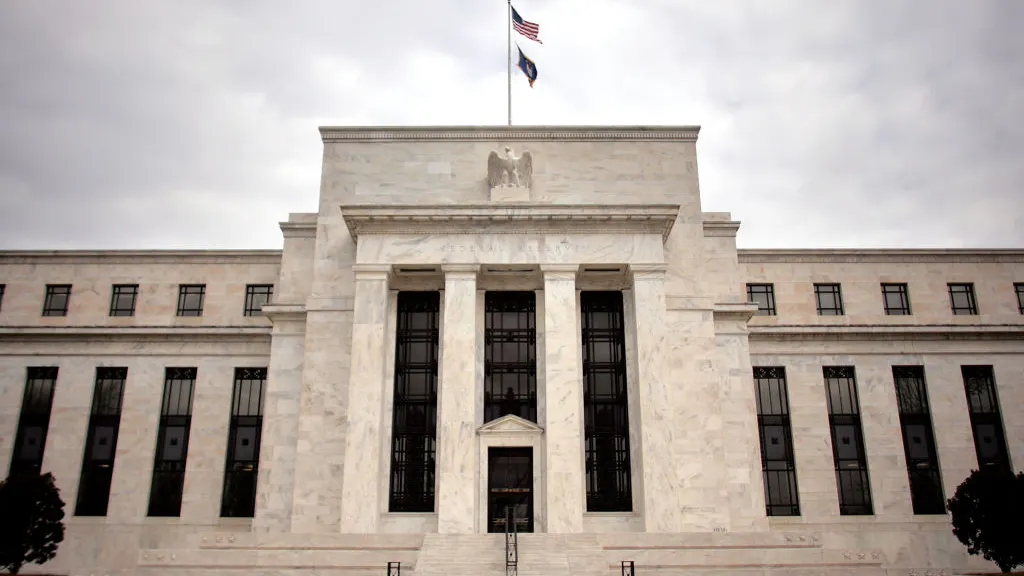A report from the Federal Reserve Bank of New York reveals that American households now hold over $15 trillion in debt.
In the second quarter of 2021, debt increased by $313 billion — a 2.1% increase and the largest jump observed since the fourth quarter of 2013 — to hit a total of $14.96 trillion.
The central bank explained that beyond consumer and education spending, housing debt was the main driver of the increase:
Mortgage balances — the largest component of household debt — rose by $282 billion and stood at $10.44 trillion at the end of June. Credit card balances started to tick back up, increasing by $17 billion in the second quarter. Despite the increase, credit card balances were still $140 billion lower than they had been at the end of 2019. Auto loans increased by $33 billion, while student loan balances decreased by $14 billion. In total, non-housing balances (including credit card, auto loan, student loan, and other debts) grew by $44 billion, with increases in auto loans and credit card balances offsetting the decline in student loan balances.
The report adds that federal stimulus measures are responsible for lower levels of delinquency:
Aggregate delinquency rates across all debt products continued to decline since the beginning of the pandemic recession, reflecting an uptake in forbearances provided by both the CARES Act and voluntarily offered by lenders. These supportive policy measures continue to be visible in the delinquency transition rates, as the share of mortgages that transitioned to delinquency hit a record low of 0.4%.
The share of student loans that are reported as delinquent remains very low as the majority of outstanding federal student loans remain covered by CARES Act forbearances. Auto loans and credit card delinquency transition rates also continued to decline, reflecting the impact of government stimulus programs and bank-offered forbearance options for troubled borrowers.
“We have seen a very robust pace of originations over the last four quarters with new extensions of credit for mortgages and auto loans combined with rebounding demand for credit card borrowing,” commented New York Fed Center for Microeconomic Data administrator Joelle Scally in the central bank’s release. “However, there are still two million borrowers in mortgage forbearance who are vulnerable to financial distress once the forbearance programs come to an end.”
The report emerges as federal lawmakers continue to push for more debt cancellation and delay measures.
For one, Senate Majority Leader Chuck Schumer (D-NY), Sen. Elizabeth Warren (D-MA), Rep. Ayanna Pressley (D-MA), and other progressives have been urging President Biden to unilaterally forgive up to $50,000 in student loans. For another, President Biden’s Centers for Disease Control and Prevention extended a moratorium on evictions originally created by the Trump administration in response to COVID-19 and the lockdown-induced recession, threatening landlords with fines of up to $250,000 for kicking out tenants.
Non-housing debt currently amounts to $4.19 trillion; housing debt amounts to $10.76 trillion.

.png)
.png)

